Take a look at some of the biggest sites out there today that are showcasing top-notch designs. It’s very likely they’ve used a grid of some sort. Grids enable stability and structure in a web layout, giving the designer a logical template to build the site on.Grids don’t mean you have to have a boring design. A good designer will apply the fundamental rules of using grid-based layouts but also knows how to break these rules properly.
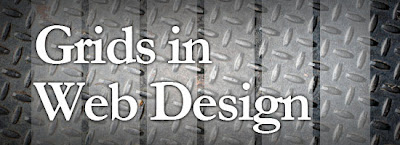
The main idea behind grid-based designs is a solid visual and structural balance of web-sites you can create with them. Sophisticated layout structures offer more flexibility and enhance the visual experience of visitors. In fact, users can easier follow the consistency of the page, while developers can update the layout in a well thought-out, consistent way. However, it’s quite hard to find your way through all the theory behind grid systems: it isn’t easy at all. Some important notions and related key-facts can help to learn basics and keep essential techniques in mind.

Grid-based layouts are generally more aesthetically pleasing and balanced than those not based on grids. While there are definitely great designs out there that don’t use a grid-based layout, they are more difficult to create and often end up falling into some sort of loose grid structure anyway. So why not just design based on a grid in the first place?

Flying into my home city of Tucson, Arizona late one night in November, I was impressed by how rigid a grid the city’s layout is. Tucson is one of America’s planned cities, and from the sky, it’s easy to see that Tucson’s designers succeeded in creating a city in which everything is laid out according to a precise plan
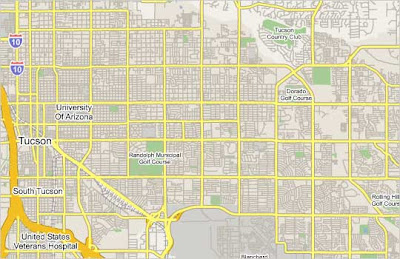
Grid systems bring visual structure and balance to site design. As a tool grids are useful for organizing and presenting information. Used properly, they can enhance the user experience by creating predictable patterns for users to follow. From designer’s point of view they allow for an organized methodology for planning systematic layouts.After creating a well-structured and usable grid, consider allowing it to breath. A page without a grid is a usability nightmare. On the other hand, a grid that has creatively overlapping, escaping, or energizing columns leads to a more enjoyable user experience. Discovering or planning areas of the design that will have some freedom will lead to more interesting and appealing design solutions.
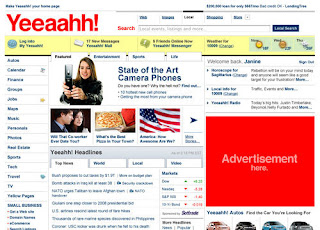
The first part of this Five Simple Steps series is taking some of the points discussed in the preface and putting it to practice.Ratios are at the core of any well designed grid system. Sometimes those ratios are rational, such as 1:2 or 2:3, others are irrational such as the 1:1.414 (the proportion of A4). This first part is about how to combine those ratios to create simple, balanced grids which in turn will help you create harmonious compositions.
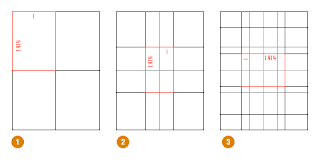
A good grid can be a strong foundation for any design. Using grids got its start in print design, but has made it’s way over to the web. There are several advantages to using grids in web design, but primarily they help achieve structure and consistency in layouts. If you have yet to start using grids in your web design projects, but want to get started…we’re here to help. In this post, we’ve rounded up 13 excellent tools and systems for CSS grid based layouts.
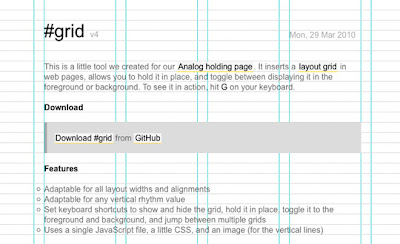
My favorite place to go for Grid based design information is The Grid System. It’s a ‘must bookmark’ in my opinion. Don’t forget to check out the new Grid System Forum too. I’m a minimalist designer so I believe the grid is one of the most important elements of web design. There are many articles and resources on the web, I’ve chosen to pick through them all and compile my best resources/tools all in one fell swoop. Keep in mind, there are plenty of list posts out there but these are my ‘go to’ grid resources.

A Grid is an invisible structure used to guide the placement of elements on your page. Now days using a grid are one of those basic design principles. Over the past few years, there’s been a lot of talk about grid systems and using column grids for website layouts. It’s easier these days to embed a audio/video on the web than it is to set type consistently or align elements to a universal grid.
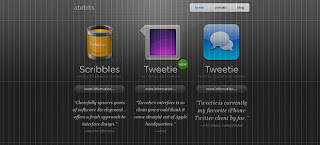
Grid-based design is obviously a popular approach in modern web design. For designers that use grids, this post includes links to useful tools that can improve your efficiency and effectiveness, as well as some articles for advanced techniques. For those of you who are not as familiar with the details of grid-based design, there are plenty of articles and learning resources here.
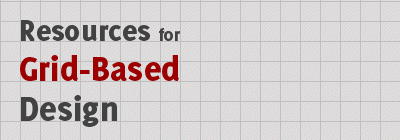
In this article tripwire magazine presents a large collection of CSS Grid Systems, online generators and tutorial on how to use these in your design. Using a CSS Grid System is really worth considering if you’re planning to create a complex magazine web design. This article will give you the overview and tools you need to get started.
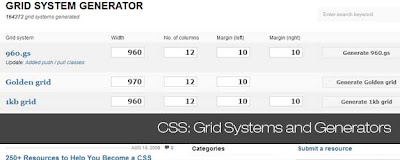
Grid based designs is more popular and hot in the internet. A basic well designed grid systems layout can make your designs not only more beautiful and legible, but more usable. A grid is made up of vertical and horizontal lines and is the foundation of nearly every type of visual media. The structure is there to shape the content into proportions that are pleasing to the eye. Below is the top 30 weblogs with grid based designs. Besides, i also searched some tutorials about grid designs for you to further reading.













No comments:
Post a Comment